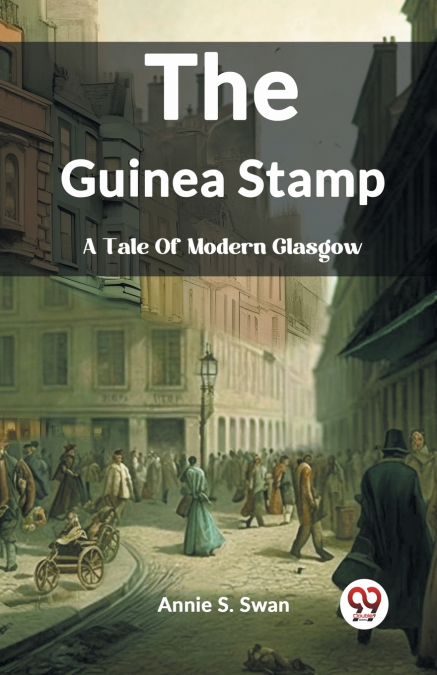
 Librería Desdémona
Librería Desdémona
 Librería Samer Atenea
Librería Samer Atenea
 Librería Aciertas (Toledo)
Librería Aciertas (Toledo)
 Kálamo Books
Kálamo Books
 Librería Perelló (Valencia)
Librería Perelló (Valencia)
 Librería Elías (Asturias)
Librería Elías (Asturias)
 Donde los libros
Donde los libros
 Librería Kolima (Madrid)
Librería Kolima (Madrid)
 Librería Proteo (Málaga)
Librería Proteo (Málaga)
'The Guinea Stamp' by Annie S. Swan delves into the intricate fabric of Victorian society, illuminating the struggles of the era’s working class and advocating for social reform. This novel stands as a poignant portrayal of the inequalities and injustices prevalent during the Victorian era. Set against the backdrop of bustling cities and quaint rural landscapes, 'The Guinea Stamp' follows the lives of its characters as they navigate the challenges of poverty, class divisions, and gender inequality. Swan’s keen observations and empathetic characterizations offer readers a glimpse into the harsh realities faced by the less privileged members of society. Through compelling storytelling and vivid imagery, Swan sheds light on issues such as labor exploitation, lack of access to education, and the plight of women in a patriarchal society. Yet amidst the struggles, the novel also celebrates the resilience, courage, and solidarity of its characters as they strive for a better future. 'The Guinea Stamp' remains a timeless work of social reform fiction, captivating readers with its compelling narrative and thought-provoking themes. Swan’s advocacy for social justice and her ability to give voice to the marginalized make this novel a powerful testament to the human spirit’s enduring quest for dignity and equality.